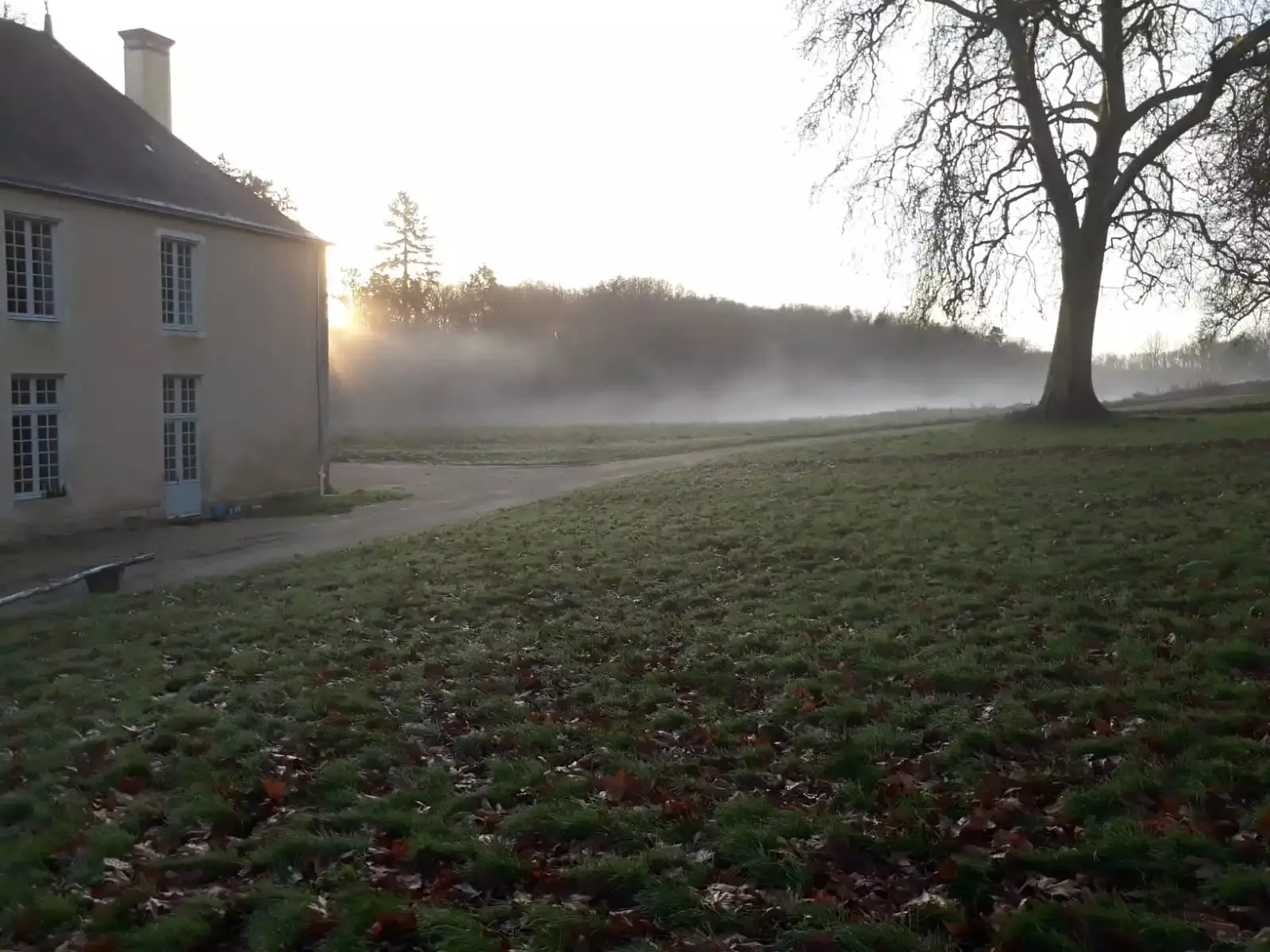In de stilte van de meditatie, wanneer je voorbij gedachten en verbeelding gaat,
begin je te begrijpen dat 'zijn' is waar het in het leven om gaat.
In meditatie leer je te 'zijn'.
'Zijn' is leven als de persoon die je bent, zonder te proberen je bestaan te rechtvaardigen of excuses te maken voor je persoonlijkheid.
Gewoon te zijn, zoals je bent.
Het wonderlijke is dat hoe eenvoudiger je wordt,
hoe meer je in staat bent om ten volle te genieten van het geschenk van je bestaan.
John Main, OSB
Meditatie is een universele spirituele wijsheid en een praktijk die de kern vormt van alle grote religieuze tradities.
Het is een weg van eenvoud, stilte en verstilling. Het kan beoefend worden door iedereen die met ernst wil beginnen.
Zoals John Main zei: het belangrijkste is te beginnen en te blijven beginnen.
Meditatie behoeft geen woorden, hoe mooi en oprecht ook. Al onze woorden zijn te beperkt wanneer we binnengaan in de diepe, geheimnisvolle eenheid met God.
John Main
De meditatie heeft tot doel de beweeglijke en verstrooide geest tot rust, stilte en aandacht te brengen, dat is: tot zijn natuurlijke staat terugbrengen.
John Main
In meditatie laten we al onze woorden, gedachten en verbeelding achter door onze geest de beperking van één woord op te leggen en daarom is het proces van meditatie de eenvoud zelve.
John Main
2021 is het 30 jaar geleden dat de WCCM van start ging. In deze tijd zijn we gegroeid als een wereldwijd contemplatief netwerk, een spirituele familie geworteld in de Christelijke wijsheidstraditie. Toegewijd aan het bouwen van een weg van vrede in onze tijd van conflicten, dienen wij de eenheid onder allen om een gemeenschap op te bouwen die bestaat uit mensen met vele overtuigingen.
Meditatie is voor ons een manier om de gemeenschappelijke grond van de mensheid te openen. Daarom werken wij samen met andere geloofsovertuigingen en de seculiere wereld om het bewustzijn te ontwikkelen dat nodig is voor een nieuwe, rechtvaardige manier van leven als een menselijke familie in harmonie met onze natuurlijke omgeving.
Wij groeien als een gemeenschap van mediterenden in meer dan 100 landen, die zich inzetten voor de ontwikkeling van een contemplatief christelijk leven voor onze tijd en voor de dialoog tussen religie, wetenschap, bedrijfsleven en kunst, lichaam en geest. De kern van deze gemeenschap is de ontmoeting van vele wekelijkse meditatiegroepen, zowel fysiek als online, die het essentieel onderricht van meditatie introduceren en helpen om de innerlijke reis te verdiepen. Persoonlijke transformatie leidt vervolgens tot sociale en mondiale transformatie.

Online meditatie in christelijke traditie staat open voor iedereen.
Gebruik deze App, een gebruiksvriendelijke en praktische metgezel voor je meditatie.
Deze bevat een timer, links naar dagelijkse en wekelijkse bronnen, gemeenschapsnieuws wereldwijd, informatie over retraites en online evenementen, online en fysieke groepen en alle andere webbronnen van de WCCM.